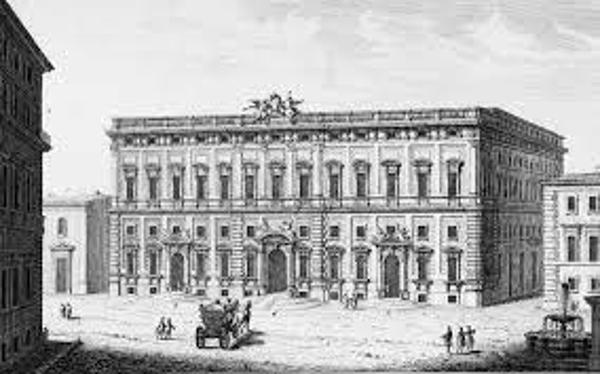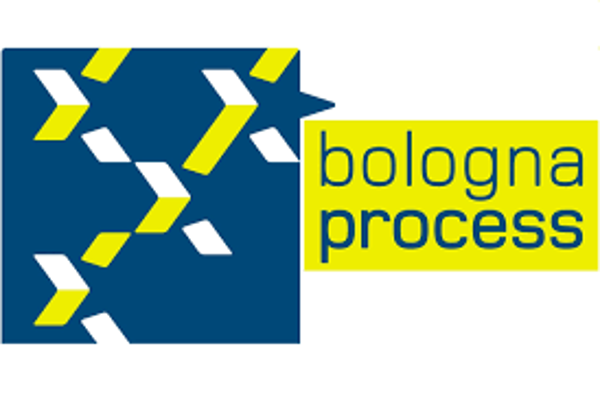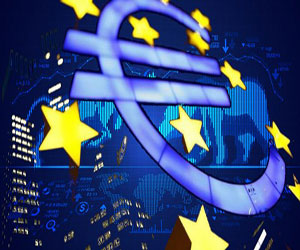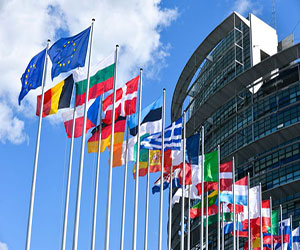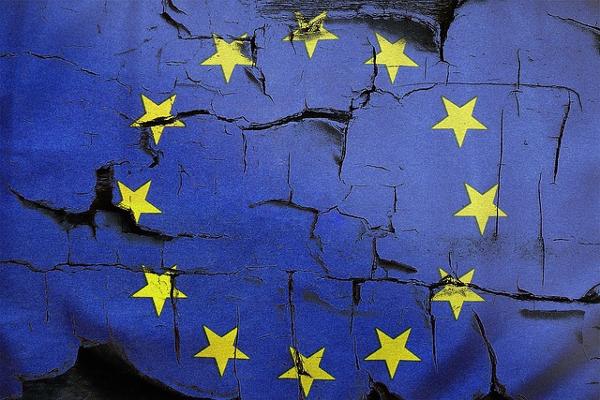During the pandemic crisis and because of it, Europe has been facing, and will be facing also after it, some main dramatic changes, that could deeply modify its intimate structure.
The first main change is connected to a social and economic paradigma, assumed in the European Constitution in art. 3, paragraph 2, of the TEU, but badly interpreted and betrayed in the last thirty years. According to its Constitution, European Union is oriented to “a highly competitive social market economy”. In the dramatic choice that was made after the II World War, the Europeans (the lucky part of the European people) choose the market economy, but then, during the years, wrongly focused on the aspect of competition and forgot the first characteristic of the European market economy: it was born as social, it is social and need to remain social. We followed the chimeras of a global uncontrolled competition and we forgot to balance competition with the principles of solidarity and of the protection of weak areas of our societies, accepting that the social cohesion could be put at risk: this attitude is not in the history of Europe. Witness of a blind contraposition between competition and social protection is the directive Bolkenstein, which was approved by European Institutions without taking in account the social consequences.
Already before the crisis we had some first signals of a different attitude, but the pandemic forced the Union to reconsider its paradigma, suspending the restrictive discipline of State aid and the silly rules of the fiscal compact, accepting that European Union could finance state debts. It is difficult to believe that the old rules will be totally reintroduced without deep changes and that these new directions could be suddenly abandoned.
At the same time, before and during the pandemic crisis, Europe was facing the most dramatic theme of a constitutional structure based on the democratic principle: that of the secession of a unity from the whole, id est Brexit. It is not worth in these few pages to discuss the constitutional model of the European Union: if it is federal or confederal, if we wish a Europe of States or of Nations or of Peoples. Emphatic words thrown in the wind just to push the unqualified public opinion in one direction or in a different one. The truth is that 500 million citizens and 28 component of this structure have been ruled for many years by regulations approved in a democratic procedure involving the representatives of European peoples, sitting in the European Parliament, and the representatives of the European States, sitting in the Council. One of the 28 component unit decided to withdraw: and we, from the two parties, managed a difficult situation, arriving – with many troubles – at a final result, politically unsatisfying, but corresponding to the will, expressed according constitutional procedures, of one of the two parties, followed by procedures aiming at a consensual separation. I personally regret the exit of the UK, and hope that such experience will not be replayed with other component units of EU: Europe must be tolerant, accepting different positions and must remain a large structure, avoiding distinctions between members of different status and niveau. I don’t know who won, if the UK or the EU: but the important point is that the institutional procedure designed by art. 50 of Tue has been successfully managed.
During the economic and sanitary crisis, and it will appear clear at the turning point of the year, Europe is also experimenting a change of leadership: the traditional model of a dual leadership based on the French-German alliance seems to be at the sunset, after 16 years of government of Angela Merkel and in front of the bet of the re-election of the French President Macron. On the scene of the European leadership appears the personality of the Italian Prime Minister, Mario Draghi, former President of the European Central Bank. It could be a good opportunity for Italy, faced to the challenge of renewing its institutional structure utilizing the enormous figure of 200 billion of euro arriving from European loans and funds. But a leadership, different from the traditional Franco-German Carolingean leadership, politically softer, more easily accepted, more inclusive, free from historical prejudices, based on technical competencies, could be a good chance for Europe too.
Last, but not least, our Europe, it is important to remember, is always at a search of a difficult sovereignty, not only in the military challenge, but also in financial and the digital struggles. At a search of a way among the competitive attitude of United States and the authoritarian model of Russia or China, with the attempt of UK of launching a global challenge based on historical financial liaisons, the European path, based on consensus, democratic principles, solidarity, seems to face a difficult destiny: to perseverate in our path we need strategies, ideas, investments, courage, dedicated persons.
Europe needs to discuss, needs to recover the primauté of the politics, needs that the choices will be done not by lobbies, nor by dark representatives of interests, nor by bureaucracy or by Regions or local authorities; nor also by judges, more or less high they are in the European castles. We need that the politics could recover its role, elaborating, interpretating and directing the objectives of the European Union. And institutional tools have to be implemented to reach such results. Just to make some first basic examples, remaining within the Treaties in force (otherwise, if Treaties can be changed, the first question is that of overcoming or abolishing of the principle of uninamity), three solutions can be quoted: 1. The elections for the European Parliament have to involve European parties, according common rules of presentation of candidatures and lists to be presented on European basis. 2. The seats of President of the Commission and of President of the European Council have to be reunified – and it is possible under the Treaty in force -: in such way, we shall avoid situations like in Turkey, when we assisted to some breach of etiquette between the President of the Council and the President of the Commission, but we shall also bring together the political and the executive engine of the Union, finally taking under the European parliamentary control also the European political engine, composed by the national Heads of States and of Governments. 3. A different space has to be given to the legislative initiative of the Members of Parliament, abandoning the monopoly of the Commission, and reintroducing a direct relationship between MP and their constituencies: it can be done also under the Treaty in force, with a constitutional agreement according to which the Commission could be engaged to introduce initiatives also under different conditions as art. 225 TFUE (e.g., the condition could be one tenth of MP, deriving from at least 5 Member States).
We need a place in which we can discuss such arguments, we need a basket in which introduce such proposals and we have an occasion in our hands: the Convention on the future of Europe, that will restart in the next days.
The Eublog that we launch through this number of federalismi, within the PRIN (Project of Research of National Interest) “Where is Europe Going”, directed by Beniamino Caravita, Massimo Condinanzi, Andrea Morrone, Annamaria Poggi, aspires to be an instrument of such discussion. Good Luck, Europe! Good Luck, Italy!
Keep up the momentum, Europe! And You, Italy, too!






